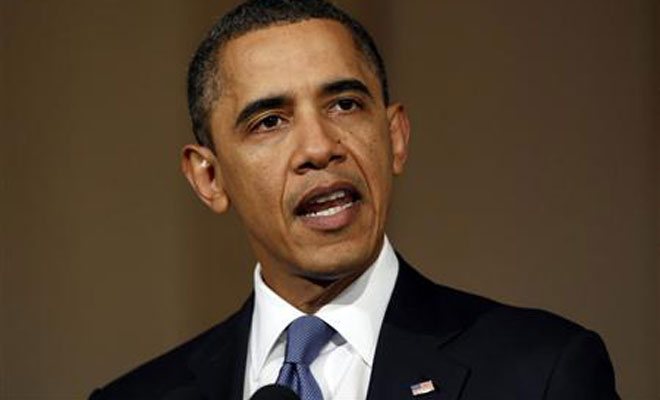Editorial Comment: Find ways to normalise Zim-IMF ties

 An International Monetary Fund (IMF) team was in the country over the past two weeks on a routine review of the staff monitored programme (SMP), the first step towards normalising relations between the global financier and Zimbabwe.We see progress in the process initiated in June last year, replacing the acrimony of the past. The rapprochement is only an informal platform for dialogue that does not entail immediate financial support; but we note that without it, we cannot start dreaming about accessing that much-needed money. It is helpful in creating an understanding and goodwill that we need to be able to, at a later stage, begin to negotiate for loans, not only from the IMF but also other lenders like the World Bank and African Development Bank who typically take a cue from their more influential cousin. Also, that engagement should give impetus to efforts to liquidate our $10 billion foreign debt.
An International Monetary Fund (IMF) team was in the country over the past two weeks on a routine review of the staff monitored programme (SMP), the first step towards normalising relations between the global financier and Zimbabwe.We see progress in the process initiated in June last year, replacing the acrimony of the past. The rapprochement is only an informal platform for dialogue that does not entail immediate financial support; but we note that without it, we cannot start dreaming about accessing that much-needed money. It is helpful in creating an understanding and goodwill that we need to be able to, at a later stage, begin to negotiate for loans, not only from the IMF but also other lenders like the World Bank and African Development Bank who typically take a cue from their more influential cousin. Also, that engagement should give impetus to efforts to liquidate our $10 billion foreign debt.
In Harare on Monday, Finance Minister Cde Patrick Chinamasa and IMF head of mission to Zimbabwe, Domenico Fanizza highlighted progress since June 2013 and hope for the economy.
“Zimbabwe,” said Fanizza, “met all the required targets that we set for the end-June review period. We strongly believe that Zimbabwe’s decision to re-engage international financial institutions will go a long way in instilling confidence within the country’s economy. This is a great step towards the proposed debt rescheduling.”
It will not be easy meeting the whole raft of targets that we have to. That demands patience, intelligence and skill to strike a balance between national interest and satisfactorily answering IMF questions. Painful decisions may have to be taken as well.
We are most interested in IMF suggestions on the handling of the civil service wage bill and the financier’s proposal for government to rethink the indigenisation and economic empowerment policy.
Indeed, the government has to find ways to have a more reasonable salary bill for us to live within our means, not the present situation where the state spends 76 percent of its revenue on wages. Fanizza put it into greater perspective, saying the public wage bill accounted for 20 percent of our gross domestic product of $14 billion. Thus, relative to government revenue, staff costs are unsustainable.
Civil servants would not want to hear this, but governments are not in the business of paying salaries only. Infrastructure development and health services need money as well.
To that extent, the government has committed itself to reducing the wage bill to around 30 percent of revenue by 2018.
But we assure civil servants that that government commitment does not mean they have to take a salary cut and has plainly told the IMF that. Cutting salaries is not an option because it can cause unpleasant labour disputes. Furthermore, the government recognises that the wages are not exactly extra-ordinary; they are only high relative to revenue inflows.
With the possibility of salary reductions out, we foresee government keeping them where they are, at the same time working on growing the economy and expanding its revenue base. We are seeing this with intensifying efforts to secure investment from the East and Europe and America, despite their illegal sanctions. The revenue base is being widened, amid difficulty in a contracting economy. Among others are measures to formalise the informal sector for tax payment purposes and making sure that those who remain informal pay tax too.
By growing the economy and widening the tax base, government revenue should rise and its proportion that goes to wages drops.
Another option would be to enforce an employment freeze in certain areas. Cde Chinamasa has already said retrenchments will not happen. They can be unpopular. Additionally, government already does not have money, so to add another obligation of having to pay retrenchment packages would be piling needless pressure on the fiscus.
IMF voiced questions over the indigenisation and economic empowerment policy.
Zimbabwe needs foreign investment; at the same time its citizens have to be uplifted into a position of significant players in their economy, not as mere workers, but as owners of the factors of production.
We are pleased that the question is partly answered because the law already provides for exceptions. The minister responsible for indigenisation can, in terms of the law, use his discretion to waive the 51/49 percent threshold in some transactions. That way a mutually beneficial situation can be attained.
The IMF might want to ask themselves why, despite their negativity and the existence of the indigenisation law; Russia has just committed itself to investing $3 billion into the Darwendale platinum project and China investing billions more in power and infrastructure projects.
There is always a way to overcome what look like formidable odds in the common efforts to normalise Zimbabwe-IMF relations. We look ahead with hope.









Comments